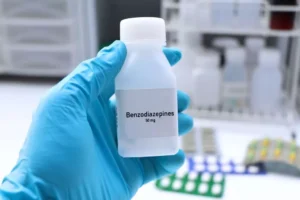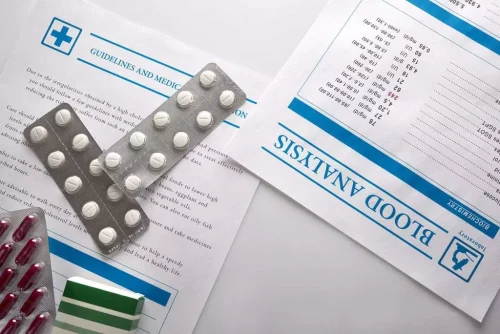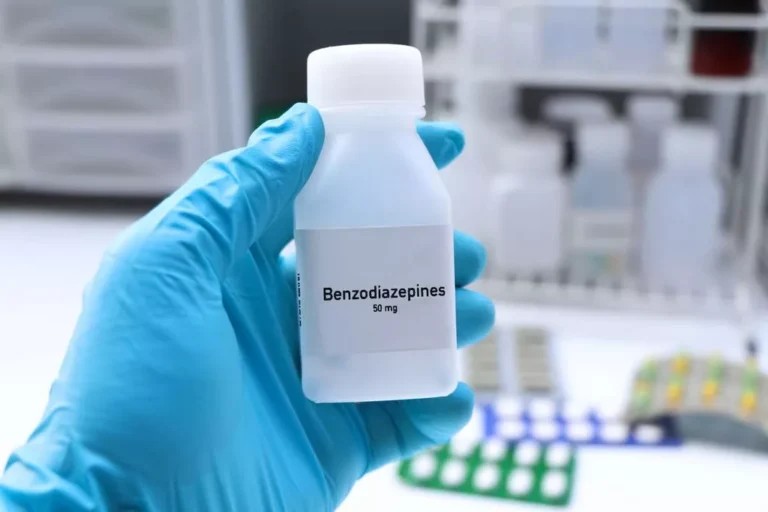Each person experiences their recovery process differently, and practicing grounding and mindfulness techniques can aid in withstanding and overcoming stressful situations, triggers, and anxious thoughts. “Mindfulness isn’t difficult, we just need to remember to do it,” wrote the meditation teacher Sharon Salzberg. By remembering to take part in these mindfulness practices every day, our journey of recovery can become ever deeper, more meaningful, and more rewarding. Most of us in addiction recovery are former escape artists looking to avoid the stress and anxiety that comes with daily life. Being present and mindful helps us learn to cope with reality as it actually is—not how we perceive it.
Can mindfulness really help prevent relapse?
Restorationtherapy.com defines and outlines how to “urge surf” succinctly. Foster a nonjudgmental, compassionate approach toward ourselves and our experiences. Change relationship to discomfort, learn to recognize challenging emotional and physical experiences, and respond to them in skillful ways. It’s important to know that you and your loved one are not alone in your fight for sobriety. Contact our dedicated team and we will help find the help which best fits your needs. Mindfulness meditation sessions, yoga practice and religious services can all promote a sense of inner stillness.
Renewal Center for Ongoing Recovery
- They say it provides an emotional boost for every day and is a blessing for their daily journey.
- EquiSync uses sound to deepen the meditative state no matter your chosen technique.
- Commit to a daily practice, even if it is just five or 10 minutes at first.
- Receive daily mindfulness meditations, worksheets and more to help you start each day mindful.
This guided meditation script may help to increase self-awareness around addiction, as well as a sense of strength, wisdom, and resilience. May it support you on your journey as a complement to the work you do with trained addiction professionals. Though meditation (and the resources offered here) are not intended as a treatment or cure for addiction, they can help strengthen our resolve and resilience. At its core, meditation is about focusing one’s attention in a calm and steady Substance abuse manner, often centering on one’s breath or inner thoughts. This process of deep concentration and mindfulness leads to a profound sense of relaxation and tranquility.
Can Meditation Therapy Help You Beat Addiction?
You can also opt to do inpatient treatment or rehabilitation to keep yourself in a more controlled environment. While these practices benefit recovery, they can have their challenges. For example, being mindful throughout the day can be difficult, and it’s often easy to lose focus. Mindfulness and meditation in recovery offer a deeper understanding of yourself and help regulate emotions. They can also have a significant effect on your mind throughout recovery, as they both teach you to be deliberate and pay attention to what triggers your cravings. Commit to a daily practice, even if it is just five or 10 minutes at first.
Intervention Help
While the benefits of meditation in the context of addiction recovery are significant, it’s equally important to consider potential challenges. Initiating a meditation practice can seem intimidating, particularly for those who are new to it or find it difficult to focus and stay still. Patience and consistency are crucial, as the advantages of meditation often become more apparent over time. Individuals who practice meditation gain insights into themselves that help them make decisions that support their physical and mental health and wellbeing. Recovering addicts who keep in touch with themselves through daily meditation are more likely to recognize early warning signs that they may be headed for relapse. They can then use their other recovery tools to keep destructive behavior at bay.
How Meditation Therapy Can Help With Addiction
Our professional and friendly addiction specialists are able to answer your questions and get things moving in the right direction. Remember to be patient with yourself and practice these techniques with a lot of self-grace. Addiction recovery is not easy, and even if there are methods that can ease that challenge, it can take some getting used to. Mindworks goal is simple—we want to help you discover the transformative power of meditation so that you can live your best life. As a 501c3 nonprofit, your support enables us to bring accessible, authentic meditation guidance to a worldwide community.
We then discuss how mindfulness training intervenes in SUDs and prevents relapse, and review evidence of the mechanisms and efficacy of MBIs for intervening in substance use and preventing relapse. Recovery from addiction is a process; it’s not just about stopping abusing a substance. To stay clean and sober addicts have to examine their past, recognize their mistakes, look into their character, and lead a better life. Changing one’s life is not easy, often painful, even though the changes are for the better. By training the mind to focus in one place and stay in the moment, meditation helps the recovering person relax and meditation for addiction recovery move forward.
- Fostering a nonjudgmental, compassionate approach toward yourself is essential to maintain sobriety.
- Six months following the intervention, the mindfulness-based program and the traditional relapse-prevention program were more successful at reducing relapse than the 12-step program.
- Similarly, mindfulness might need to be practiced on a near daily basis for many years to effectively intervene in addiction and prevent relapse.
- While the benefits of meditation in the context of addiction recovery are significant, it’s equally important to consider potential challenges.
- This type of meditation helps you to achieve clarity and stillness as it calms the mind, reduces stress, and provides a deeper relaxation.
- May this free guided meditation for addiction serve to uplift you on your journey of growth and transformation.
- Meditation can also be difficult as it requires a lot of focus, concentration, and quiet.
Breaking free from addiction can feel like an uphill battle, and so the journey towards recovery requires support. If you or a loved one is seeking a path to a healthier, sober life, Adelante Recovery Centers is here to guide you every step of the way. Contact us today to embark on your journey to recovery with a partner you can trust for excellence and compassionate care. Additionally, it’s vital to view meditation as a supplementary component of a broader recovery strategy, not as the sole solution. Combining meditation with other therapeutic methods, under professional guidance, can lead to a more comprehensive and effective approach to recovery. Adopting meditation as a personal practice offers empowerment and a sense of control in one’s recovery process, creating a nurturing environment for healing and personal growth.
The Benefits of Meditation in Addiction Recovery
Stillness opens our hearts and minds to the vast potential within =https://ecosoberhouse.com/ us as we move through addiction treatment and into recovery. When we’re stressed, it’s easy to get sucked into a damaging spiral of self-defeating thoughts. We need to actively take care of our emotional health in these moments. Focusing on the breath can restore a sense of calm and control that keeps our recovery on track. The brain is the only organ that’s shaped by experience and practice, much like a muscle gets bigger and stronger with exercise.





